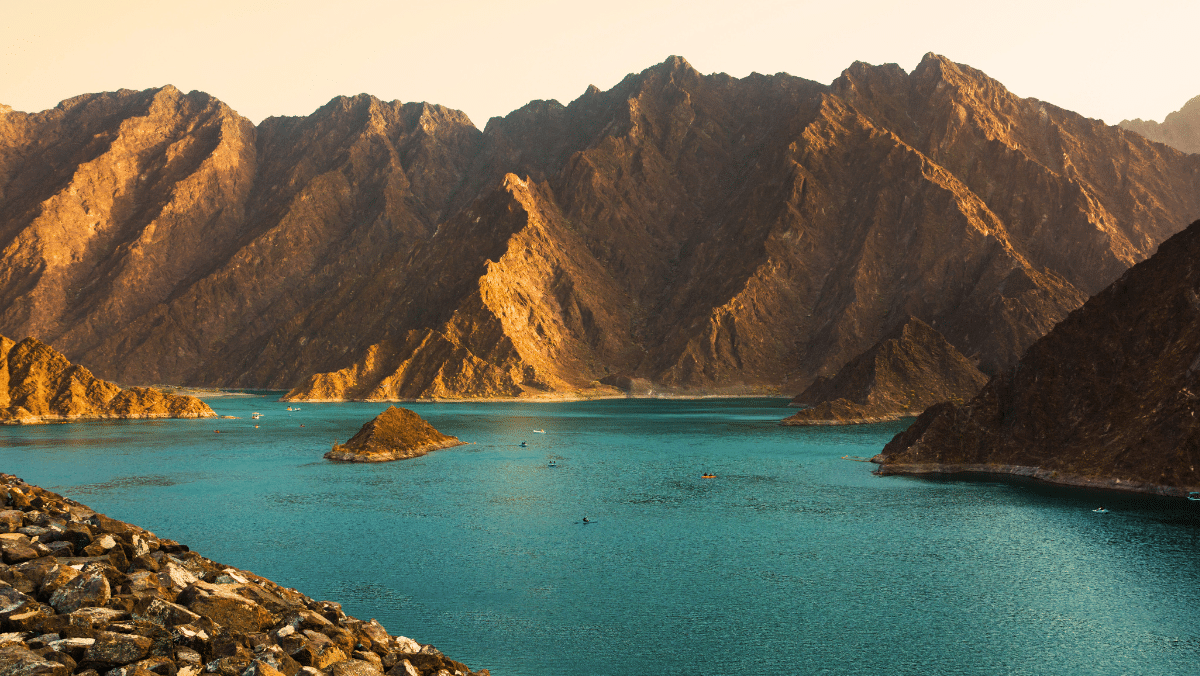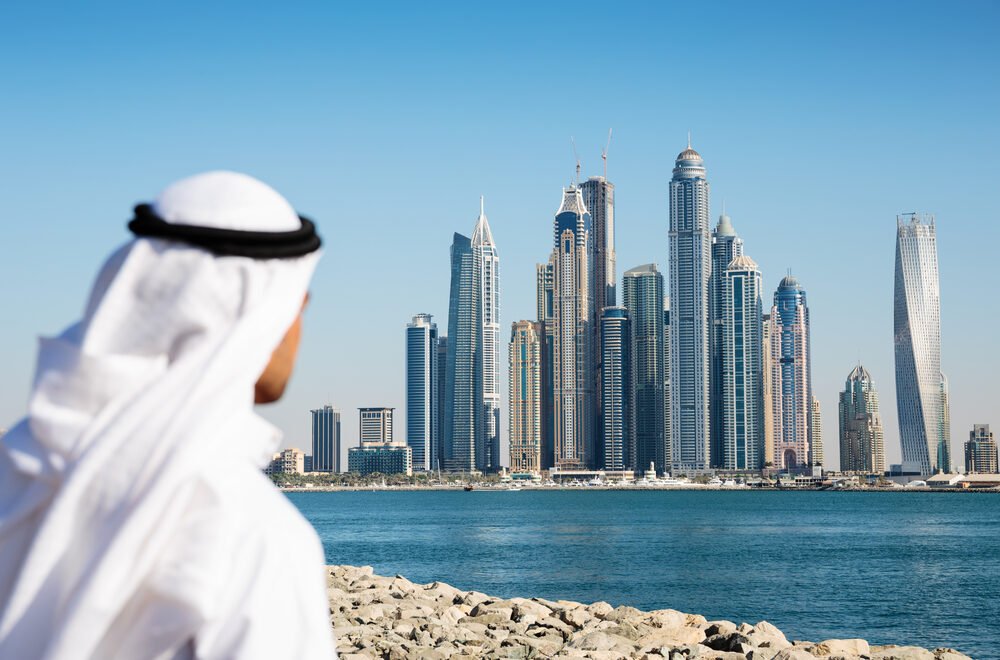Now Reading: Amazing Animals You’ll Only Find in the UAE’s Wild Deserts 2025!
-
01
Amazing Animals You’ll Only Find in the UAE’s Wild Deserts 2025!
Amazing Animals You’ll Only Find in the UAE’s Wild Deserts 2025!
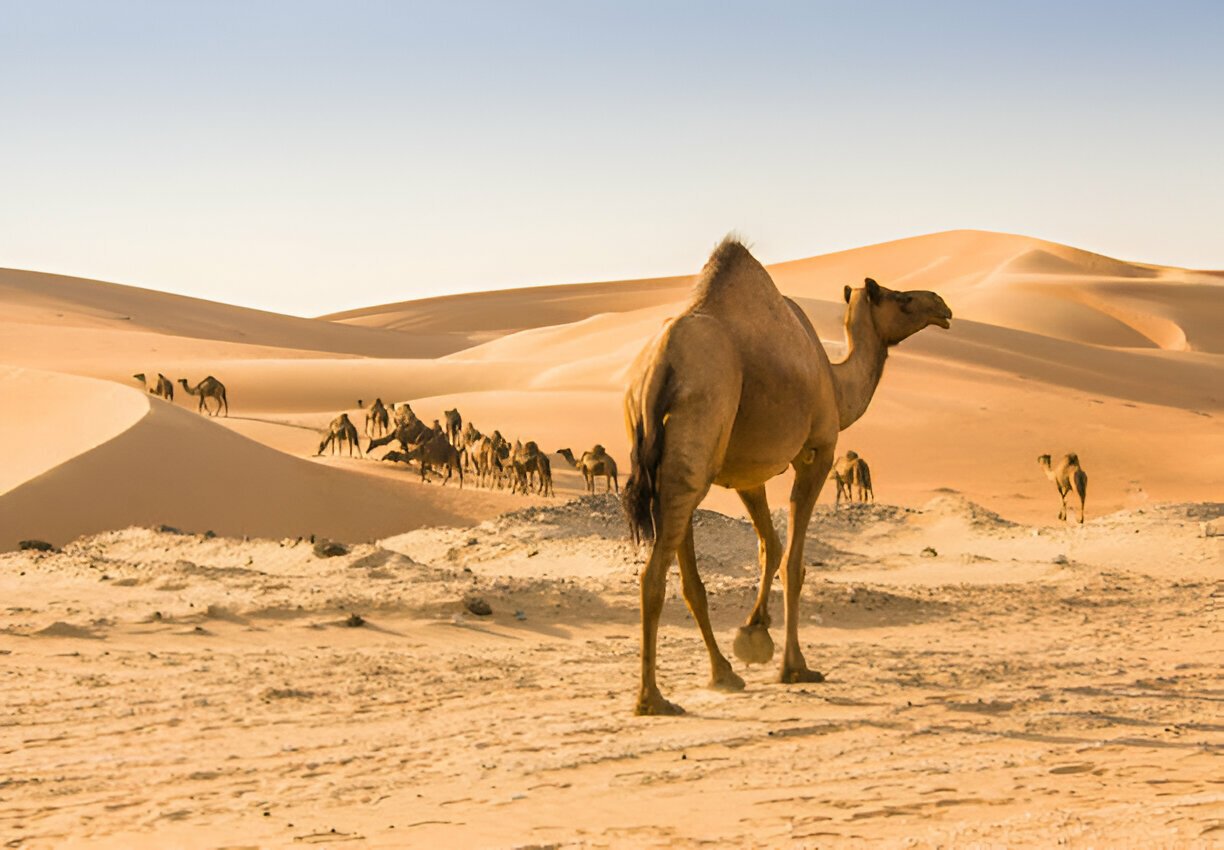
Table of Contents
“Amazing Animals You’ll Only Find in the UAE’s Wild Deserts!”
When people think of the United Arab Emirates (UAE), they often imagine tall skyscrapers, luxurious shopping malls, and golden deserts. But there is a side of the UAE that many forget — its rich and surprising animal life. From the famous Arabian Oryx to the proud falcon, animals in the UAE are special, rare, and full of charm. Let’s explore the wild side of the UAE and discover its amazing animals.
1. The Majestic Arabian Oryx — A National Treasure
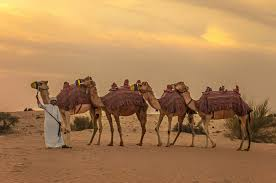
The Arabian Oryx is one of the UAE’s most important animals. With its white coat, long sharp horns, and gentle eyes, this desert antelope looks like a creature from a fairy tale. Once nearly extinct, the Arabian Oryx has made a wonderful comeback thanks to strict protection and care. The UAE government started special breeding programs to save these animals, and now they can be seen in protected areas like the Dubai Desert Conservation Reserve and Al Maha Wildlife Reserve.
Visitors can take desert safaris to see these amazing creatures in the wild. The Arabian Oryx is not only a national symbol but also a success story for animal conservation in the Middle East.
2. Camels — The “Ships of the Desert”
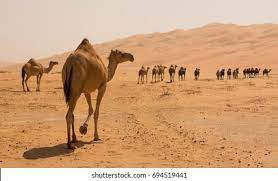
No talk of UAE animals is complete without camels. These strong, patient animals have helped the Bedouin people survive in the harsh desert for centuries. Today, camels are still very important in the UAE culture. Camel racing is a popular sport in the country, with robot jockeys replacing human ones in modern races.
You can also experience camel rides in desert safari tours across Dubai, Abu Dhabi, and Sharjah. The camel is a symbol of endurance, survival, and Arabian tradition — making it one of the most beloved animals in the UAE.
3. Falcons — The Birds of Kings
The falcon holds a special place in the hearts of Emiratis. These birds of prey are fast, beautiful, and skilled hunters. Falconry, or hunting with falcons, is an ancient sport in the UAE and is considered an important part of the country’s heritage. Falcons are so respected that they even get their own passports when they travel for competitions!
In Abu Dhabi, the Falcon Hospital treats these precious birds with world-class care. Visitors can tour the hospital and learn more about these winged wonders. Falcons are not just birds in the UAE — they are symbols of pride, strength, and history.
4. Arabian Sand Gazelle — The Elegant Desert Beauty
The Arabian Sand Gazelle, also called “Reem,” is a graceful and fast-moving antelope that lives in the desert areas of the UAE. With its light tan coat, this gazelle blends perfectly with the desert landscape. It can survive for long periods without water, feeding on dry grass and plants.
Efforts to protect this gazelle have increased, as its numbers were once falling due to hunting and habitat loss. Now, these animals are often spotted in protected areas like the Sir Bani Yas Island Nature Reserve.
5. Desert Foxes — The Silent Night Hunters
The desert is home to some shy but fascinating predators like the Red Fox and the rare Rüppell’s Fox. These small foxes have large ears that help them hear the slightest movements of insects or rodents in the sand.
They are nocturnal, meaning they come out at night to hunt. While they are difficult to spot in the wild, lucky visitors to desert areas might catch a glimpse of their curious faces under the moonlight.
6. Arabian Leopards — The Mysterious Mountain Cats
The Arabian Leopard is one of the rarest and most endangered animals in the world. Sadly, this big cat is almost extinct in the wild, but conservation efforts are being made in the UAE and neighboring Oman to protect the few that are left.
In the future, with more breeding programs and safe protected areas, these beautiful leopards may return to the wild. For now, they remain a mysterious and rare part of the UAE’s animal world.
7. Marine Life — Dolphins, Dugongs, and Sea Turtles
Not all of the UAE’s animals live in the desert. The waters of the Arabian Gulf are full of life. Dolphins can often be seen jumping in the sea near Abu Dhabi and Dubai. The rare and gentle Dugong, also known as the “sea cow,” swims in the warm shallow waters. These creatures are peaceful plant-eaters and are protected by law.
Sea turtles, especially the endangered Hawksbill Turtle, nest on UAE beaches during certain times of the year. Conservation groups carefully protect the eggs to ensure that these turtles continue to thrive.
8. Exotic and Imported Animals in the UAE
Besides its native animals, the UAE is also home to many exotic species in zoos, safari parks, and private collections. Lions, tigers, giraffes, and elephants can be seen in places like Al Ain Zoo and the Dubai Safari Park.
These parks offer a safe environment for both animals and visitors, while also teaching people about wildlife conservation and the importance of protecting nature.
9. Conservation Efforts — Protecting UAE’s Wildlife
The UAE government takes animal protection very seriously. Many laws are in place to stop illegal hunting and trading of animals. Conservation projects such as the Arabian Wildlife Park on Sir Bani Yas Island and the creation of protected marine areas help save endangered species.
Environmental education in schools and tourist attractions also teach people the importance of respecting animals and nature.
Conclusion — The Wild Heart of the UAE
The UAE may be famous for its modern cities and luxury lifestyle, but its animals tell a story of survival, tradition, and beauty. Whether it’s the proud falcon flying in the sky, the peaceful oryx walking the sands, or the playful dolphins in the sea, the animals of the UAE are a true national treasure.
Next time you visit the UAE, don’t just explore the buildings — explore the wild world of its animals. You’ll be amazed at what you discover.
Read More:- Shobha Realty Launches Its Most Luxurious Project Yet—Full Details Inside 2025



